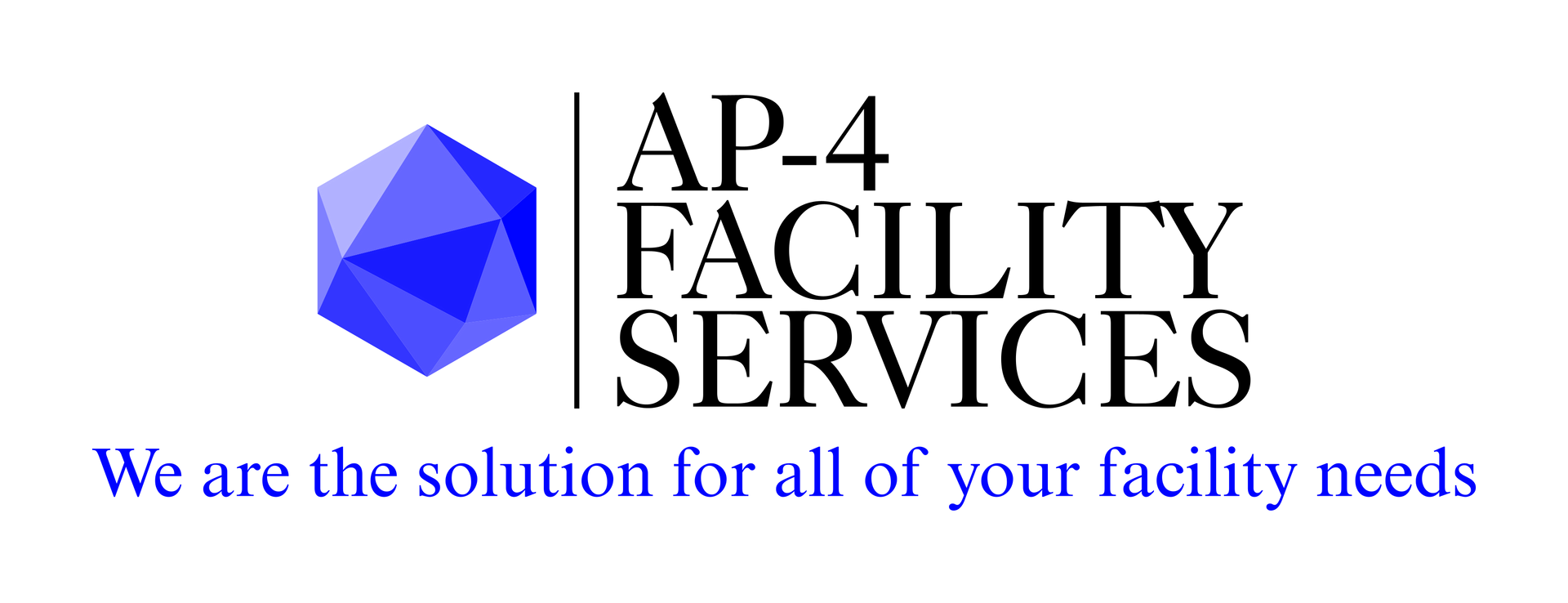manage construction dumpster
Every great structure begins with a vision
Managing construction dumpsters involves the coordination and oversight of the proper use, placement, and removal of dumpsters during construction projects.
Managing construction dumpsters involves the coordination and oversight of the proper use, placement, and removal of dumpsters during construction projects. Construction dumpsters are large waste containers used to collect and dispose of various materials generated during construction, such as debris, scrap, and other construction waste.

Manage Construction Dumpster
01
Dumpster
Rental
The management team arranges for the rental of construction dumpsters suitable for the project's needs. This involves assessing the volume and type of waste expected to be generated and selecting the appropriate size and type of dumpster.
02
Placement and Installation
Architects, engineers, and other design professionals develop detailed architectural and engineering drawings, ensuring compliance with building regulations and codes. This phase includes conceptual design, design development, and preparation of construction documents.
03
Construction
Management
Providing professional management services to plan, execute, and supervise construction projects, overseeing scheduling, cost control, quality assurance, and risk management.
04
Site
Preparation
Clearing and preparing the construction site, including excavation, grading, and ensuring proper drainage to create a stable foundation for the construction project.
05
Foundation
Work
Constructing the base of a structure, including laying footings, building foundations, and installing retaining walls to provide structural support.
06
Structural
Construction
Erecting the framework of buildings, including steel or concrete structures, walls, floors, and roofs.
07
Mechanical and Electrical Systems
Installing HVAC systems, plumbing, electrical wiring, and other mechanical systems required for the functioning of a facility.
08
Interior
Finishes
Completing the interior construction of a building, including drywall installation, flooring, painting, cabinetry, and other finishing touches.
09
Exterior
Finishes
Catering to specific requirements such as healthcare facilities or commercial kitchens, ensuring compliance with industry standards and regulations.
10
Renovation and Remodeling
Upgrading or modifying existing structures, including interior and exterior renovations, building additions, and adaptive reuse of spaces.
11
Maintenance and Repair
Offering maintenance services to ensure the ongoing functionality and safety of buildings, including inspections, repairs, and necessary updates.
12
Green Building and Sustainability
Incorporating sustainable construction practices and technologies, such as energy-efficient systems, renewable materials, and LEED certification, to minimize the environmental impact of a construction project.
Effective management of construction dumpsters promotes a more sustainable and environmentally responsible construction process.
Effective management of construction dumpsters contributes to a well-organized and efficient construction site. It helps to maintain a clean and safe working environment while ensuring the proper disposal and recycling of construction waste. Ultimately, effective management of construction dumpsters promotes a more sustainable and environmentally responsible construction process.


Phone:
540 393 0968
Office Hours:
7am to 7pm
© 2024 All Rights Reserved
